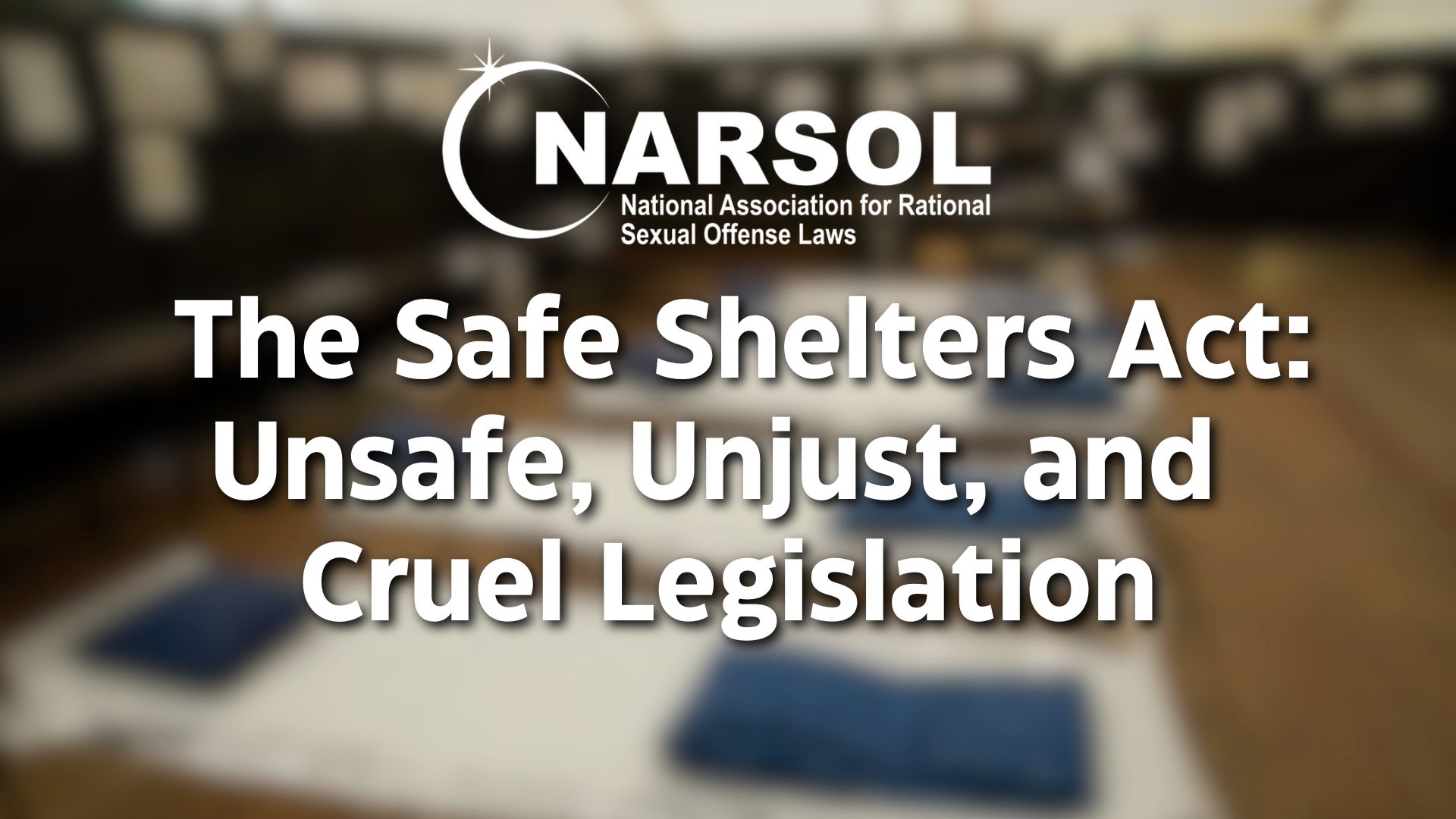Rising from the Ashes
Part III: It’s all up to me
By Julie . . . I found solace in the times when my father was gone and in jail. My focus turned to my mother, for whom my heart broke time after time when he was taken away. Though he was convicted several times, he was never gone for long. He would return, and every time, she let him come back home. She got a job as a waitress after his third crime, and that is when she lost her way totally. She was gone all the time. Day and evening hours kept her away, and when she wasn’t working, she was with different men that she would bring home.
Some nights, she didn’t come home at all. I remember once when my uncle came in the middle of the night to take us home with him, and I wouldn’t leave. I just couldn’t let any of us leave, knowing how scared my mother would be if we weren’t there when she finally returned. I had to protect my siblings. They were scared; they needed to get up for school; they needed to have breakfast. I was responsible for all of that by the age of eight.
When she was home, she was always overtired and grumpy, and there was just no way to make her happy. I was powerless over her happiness, but I thought it was my responsibility. I tried every way I could think of. And because I couldn’t succeed, I was convinced that I wasn’t enough to make her happy. I never knew affection from her, nor tenderness, safety, or any of the things that any child deserves. She just didn’t have it to give.
I hated myself. I was overweight as a child, and my mother hated that about me. I can remember so many meals spent with her criticizing me and shaming me to tears until I finally left the table. I didn’t want her to see my pain. I had to do whatever I could to make her love me. I would skip school and iron clothes for hours at a time, do laundry, clean walls, and have her coffee ready for her when she came home. Her greeting was always a mixture of complaining there was no milk left in the house or that something wasn’t done in the way of chores. I know now that she was living in her own hell. All I cared about was her happiness, hers and my siblings. I ate to console myself. I ate to find moments of comfort in a world where there was none. My mother reminded me on a regular basis that I was a pretty girl, but it was just too bad that I was so fat.
Some Sundays I would walk to church and pray to God that he would change my father, would make him a good father who would love me and not hurt me. I prayed for my mother to be happy. I felt my cries were falling on deaf ears.
I thought if I just tried harder, people would see the good in me that I thought was there. I prayed through so many years for God to show me how to be better. And I knew God was not hearing my prayers. Surely He also was showing me that I wasn’t worthy.
I would never allow anyone to see me sad or see the millions of tears that I cried. Just as I had learned when being abused, my feelings were better left unspoken. Hiding my emotions became a way of life for me. It was my way of survival.
Where my father was concerned, I was sure that if I could be a better daughter, then he would change and be a better father. I felt all the responsibility for causing him to treat me as he did. Silent tears were my way of life. Shame, hiding, pretending became my world. It became not only the best way but the only way I knew to take care of everyone else and survive the life I was living myself. There wasn’t time for me. There wasn’t cause for me. I wasn’t worthy, but they were. They had value. I didn’t. Shame screamed lies to my soul every day of my life.
I prayed through many loveless years for God to show me how to be better. And I knew God was not hearing my prayers. Surely He also showed me that I wasn’t worthy.
Read Part IV, “Out of the past and into the light,” Wednesday, July 7.


